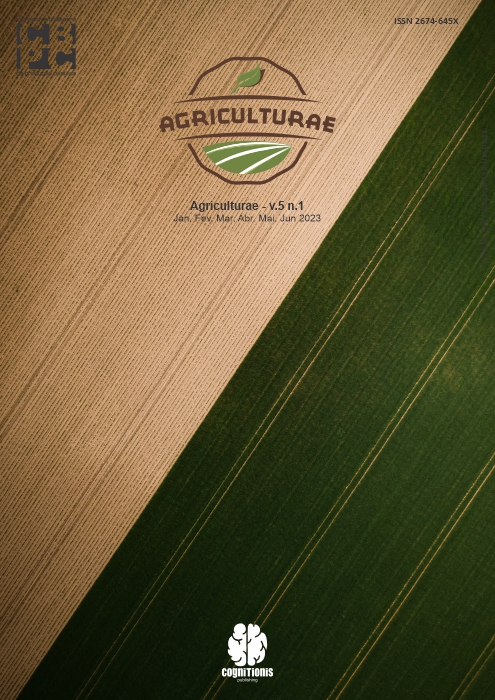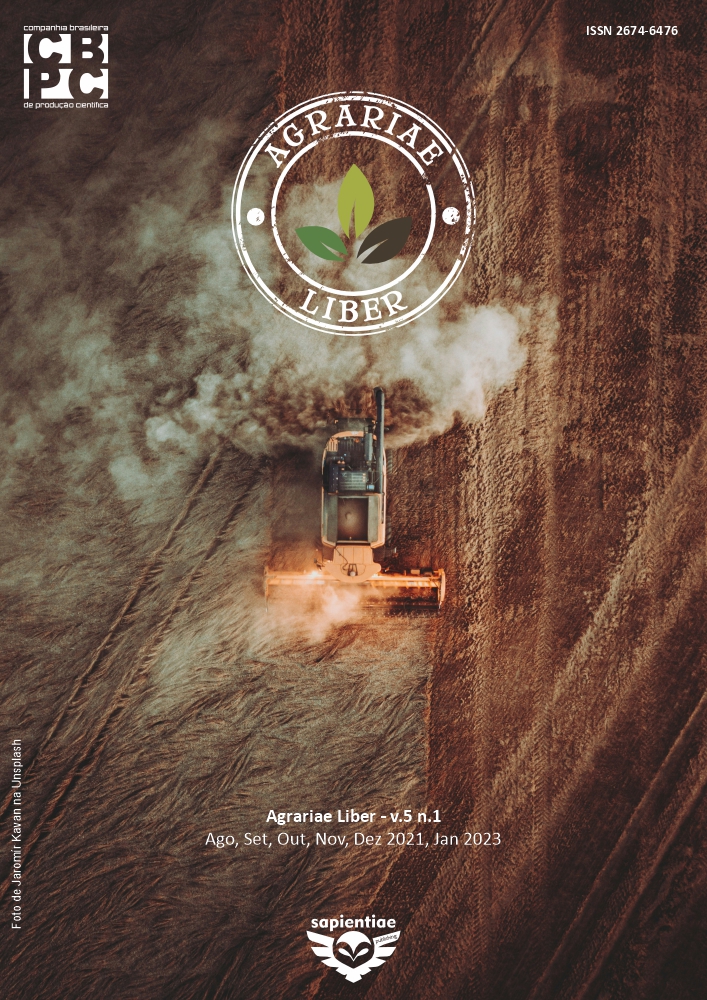Development, quality and acceptance of fine liqueurs from sociobiodiversity fruit
DOI:
https://doi.org/10.6008/CBPC2237-9290.2023.003.0002%20Keywords:
Sensory evaluation, Alcoholic beverage, Native fruitsAbstract
The Amazon region is recognized for its rich biodiversity, with emphasis on the diversity of native fruits, which have agro-industrial technological potential. The objective of this paper was to develop fine liqueurs from fruits of sociobiodiversity (uxi, umari and wild passion fruit) and evaluate their quality and sensory acceptance. The liqueurs were developed by the infusion method for 40 days, followed by the addition of the syrup and rest for 30 days, when they were submitted to physicochemical tests (soluble solids, titratable acidity, pH, total sugars), microbiologicals (E. coli at 45ºC) and sensory acceptance test using a nine-point hedonic scale, followed by purchase intent using a five-point scale. The liqueurs showed physicochemical characteristics within the expected standards for the product, in compliance with the legislation regarding the sugar content. The microbiological analysis showed low levels of E. coli, demonstrating the sanitary safety of the product. The sensory analysis showed that wild passion fruit, umari and uxi liqueurs had a great repercussion among the tasters, presenting a satisfactory index of acceptability for all attributes and purchase intention, standing between "I maybe it would buy" and "I would definitely buy", confirming the potential for market insertion of developed liqueurs.
Downloads
Downloads
Published
Issue
Section
License
Copyright (c) 2023 Natural Resources

This work is licensed under a Creative Commons Attribution-NonCommercial-NoDerivatives 4.0 International License.
The CBPC - Companhia Brasileira de Produção Científica (Brazil CNPJ: 11.221.422/0001-03) the material rights of the published works. The rights relate to the publication of the work anywhere in the world, including rights to renewals, expansions and dissemination of the contribution, as well as other subsidiary rights. All electronically published works may subsequently be published in printed collections under the coordination of this company and / or its partners. The authors preserve the copyright, but are not allowed to publish the contribution in another medium, printed or digital, in Portuguese or in translation.








